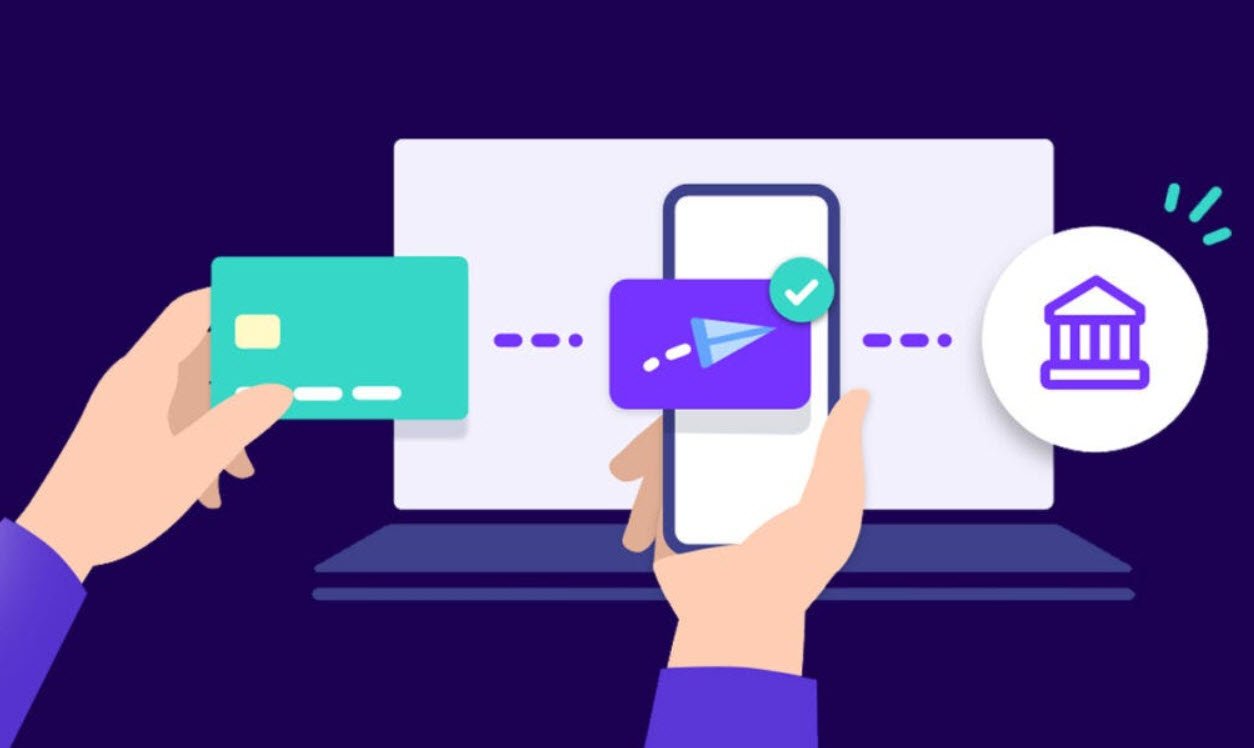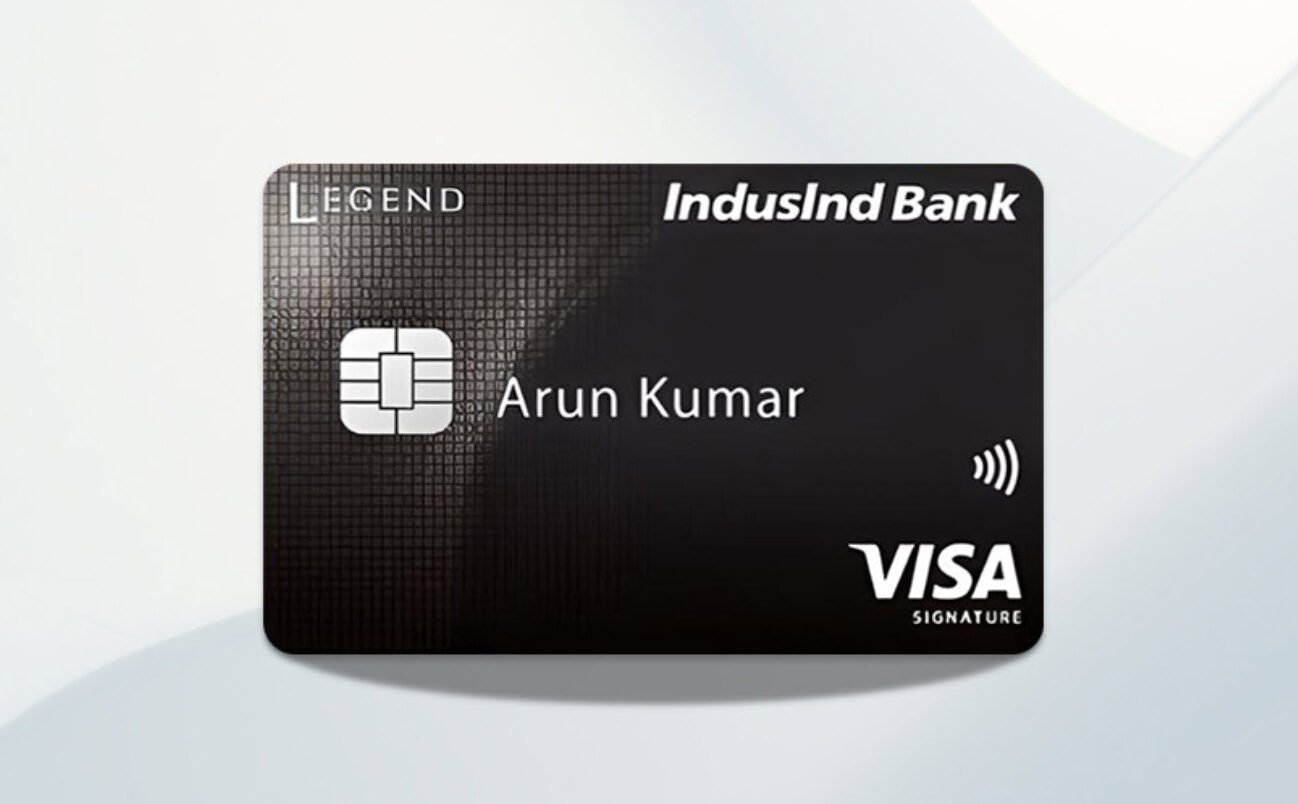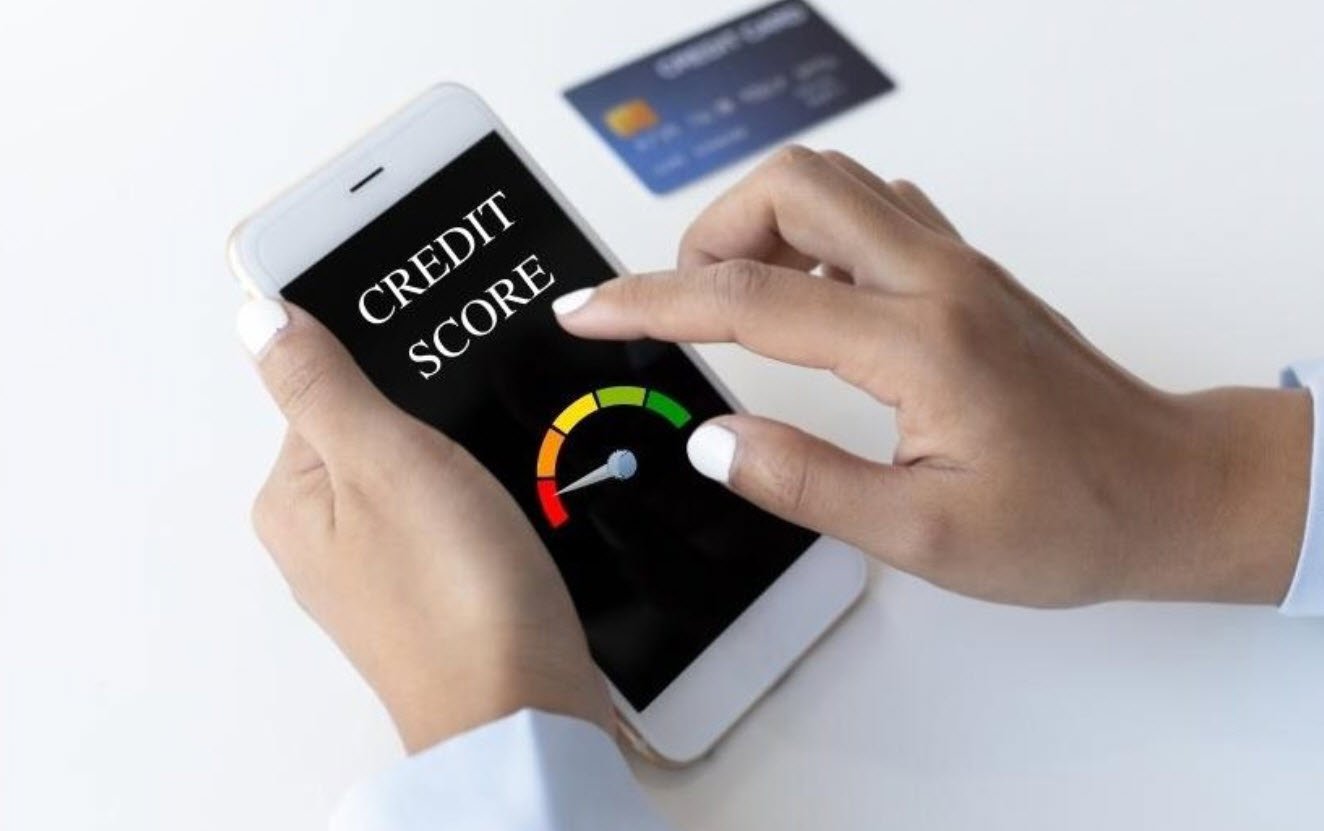
Credit cards are a convenience and are much safer than carrying cash. If your card is lost or stolen, you are responsible for no more than $50 of unauthorized charges — if you call the card company as soon as you realize the card is missing.
Some types of purchases, such as airline tickets, car rentals, hotel reservations and items bought online, may require you to use a credit or debit card. A credit card also helps you cover emergencies — such as car repairs — that may cost more than you have in your checking account.
You may want to use a credit card to establish your creditworthiness as well. You have to borrow to prove you can borrow responsibly. If you apply for a credit card, use it for purchases that you can afford and promptly pay back what you owe. You will begin building a credit history that will show up on your credit report.
So if — and only if — you have the income to pay back what you borrow, you may want to consider applying for a credit card. Be sure to shop around for the best credit terms. Interest rates vary greatly and even one or two percentage points can make a big difference.
Credit Card Tips
- Use only one or two cards and consider their purpose. For example, you might use one card for convenience that you always pay off immediately and one with a low interest rate for when you must carry over a balance.
- If you are just starting out, consider using a secured credit card, which requires you to deposit money into your account in advance. These cards carry little risk and they help you build good credit by showing your ability to use a card responsibly.
- Keep track of credit card charges just as you would with a checking account. You won’t be shocked when your credit card bill arrives.
- Use credit cards only for essential needs or charges that you can repay the following month before you are charged interest.
- Save for big-ticket items instead of putting them on a card. If you must borrow for those items, less expensive loans from banks and credit unions may be available. Shop around.
- Pay credit card bills as soon as they arrive. This lowers the average daily balance on which interest is charged and avoids late payment fees.
- Pay off the entire balance each month. If you choose not to pay the entire balance, always pay more than the minimum balance due.
- If the balance begins to increase beyond what you can pay each month, quit using the card. Leave the card at home to avoid temptation to use it.
- If the balance still continues to increase, call the credit card company and request to have your credit limit lowered. (Note that lowering your credit limit can affect your credit score and
you may incur over-the-limit fees if you exceed the new limit.) - Use a card with a low interest rate and a low or no annual fee. Shop around on the internet or through offers sent to you in the mail. Rates vary widely. (Credit cards issued by department
stores tend to charge the highest interest rates.) - Be wary of cards that offer extremely low interest rates or zero interest “for a limited time.” All too soon that time ends, and the new interest rate charged may be well above average interest
rates. - Pay attention to the minimum payment disclosures on your credit card statements. These disclosures tell you how long it will take and how much money you will spend to pay off your credit card balance if you pay only the minimum amount due.
- How to Transfer Money from Credit Card to Bank Account
- Lifetime Free IndusInd Legend Credit Card – A Gateway to Amazing Benefits
- How To Get Your CIBIL Score Without a PAN Card
- Top 7 Smart Strategies to Save on Credit Cards
- Choosing the Right Credit Card – A Practical Guide
- Get Rewards For Paying Credit Card Bills – CRED Application Review






